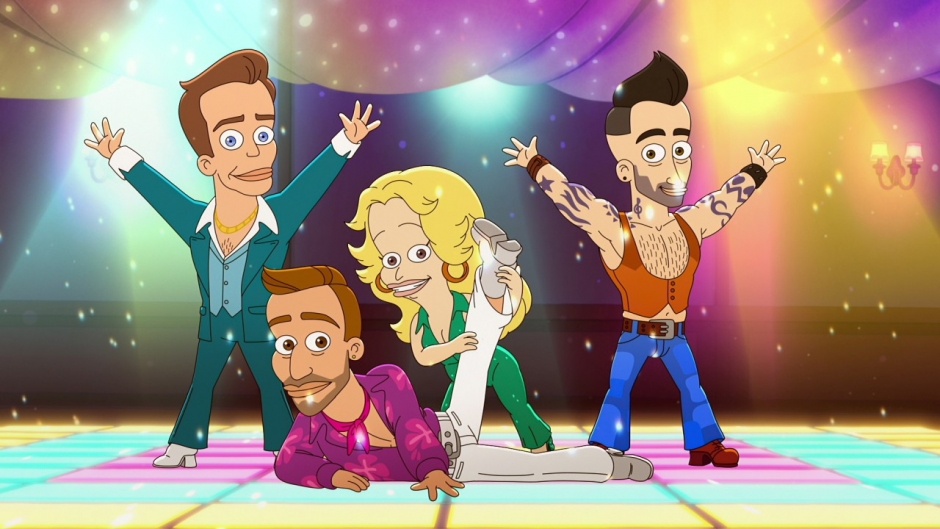When I mention Big Mouth, people seem to have differing reactions to the show.
Some people say that the humour is too crass and crude, while others dislike it for how goofy it is. Say what you will, the series draws attention to important issues under the guise of comedy. The show is filled with strong female leads, as well as male characters who subvert traditional gender norms.
In previous seasons, the show has explored almost every letter from the LGBTQ+ spectrum, including pansexuality, transgender identity, and discovering gender and sexual identity at any point in life without needing to put a label on it. The show is fiercely sex and gay positive, creating an inclusive and welcoming environment.
The show begins with a reference to the spin-off series, Human Resources. This was a series that I couldn’t get into on the same level that I love Big Mouth, but it did fill a Maurice-shaped hole in my heart while I waited for season six to come out.
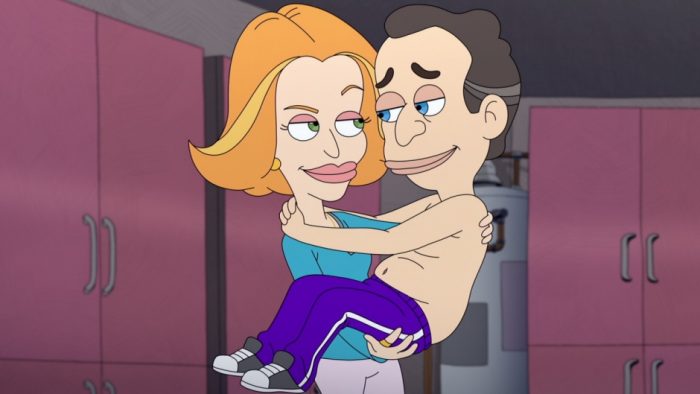
Nick’s dad has always been a character who puts loving his wife and kids above all else. He has an interesting (if incredibly far-fetched) storyline where he is forced into rekindling his relationship with his tough loving, nipple twisting father. He puts on a hard act, but ultimately finds that being a “soft daddy” (his words, not mine) is who he really is.
Jessie is learning to embrace her new family dynamic, with a younger sibling on the way and her mum and dad having new partners. Guided by Connie, her Hormone Monstress, she begins to feel sympathy for her mum, as well as Caitlin, her dad’s partner.
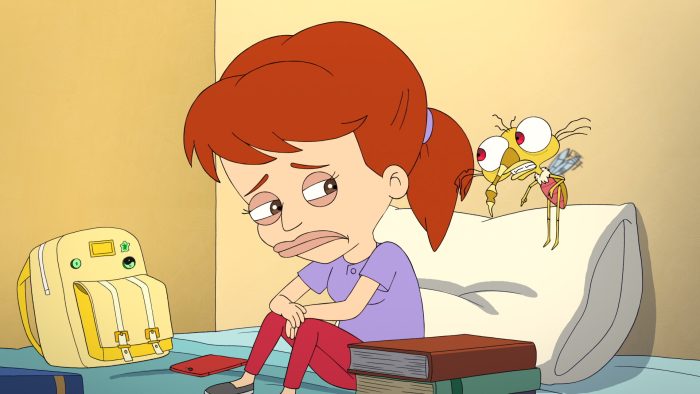
Whilst I cannot get on board with Connie and Maurice’s annoying Hormone Monster child, they do use the opportunity to explore how gender norms are human-given, which gives Jessie a chance to reflect on how she wants to address her younger sibling.
Missy falls in love with Elijah, a new character who gets his own story arch. While Missy continues to explore her identity, Elijah discovers that he is asexual, and what that will mean for his relationship.
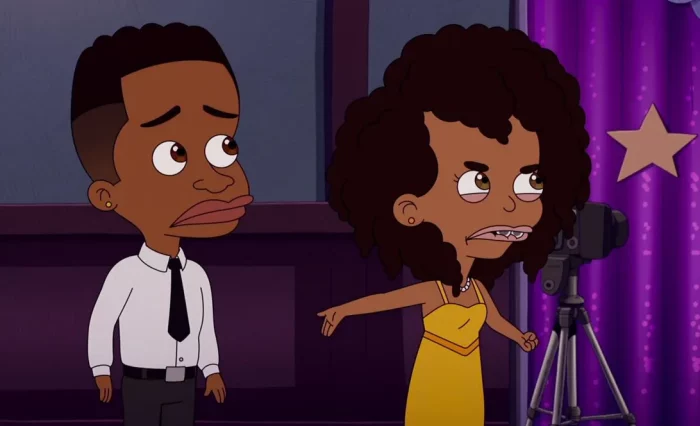
It’s impressive that a show can tackle so many complex and pressing issues, whilst also remaining the goofy and irreverent.
The episode “Vagina Shame” is my favourite of the season. It explores the different ways women are taught to feel shame, from thrush, to pubic hair, periods, and childbirth.
Jay’s character is always a favourite of mine, and we watch him become more sensitive and accepting of himself as the series progresses.
The series has strong Jewish representation, from Andrew’s mother, who finds a community at the Synagogue, to Missy’s identity as a black, maternal-Jewish young woman who is figuring out her own views on organised religion.
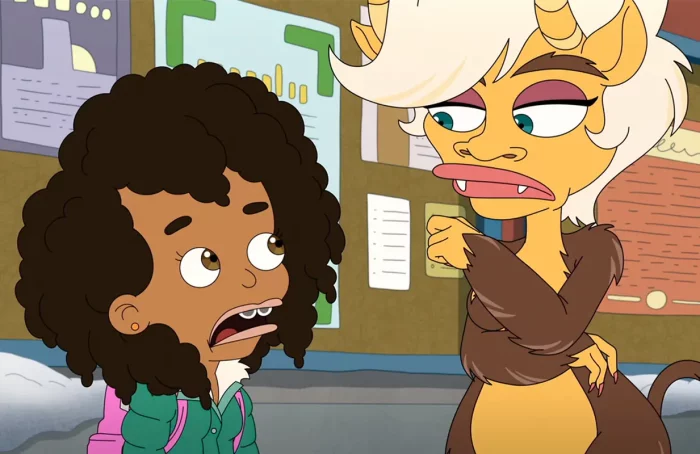
The show is an 18, but the cartoon style and focus on young characters leaves me with the impression that people under that age bracket are expected to be watching too. This is a show that I know I would have enjoyed watching when I was a teenager, and it definitely conveys important messages about self love and acceptance.
Whilst I love this show and will continue to watch subsequent seasons as they come out, I don’t think that this was the strongest season of the show. However, there were some really strong episodes in the series with powerful, feel-good messages.
